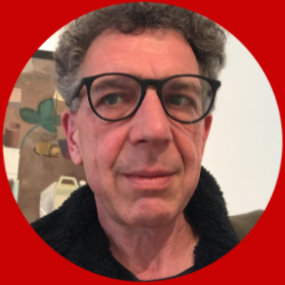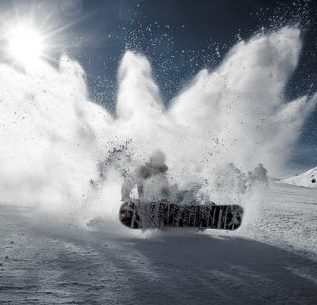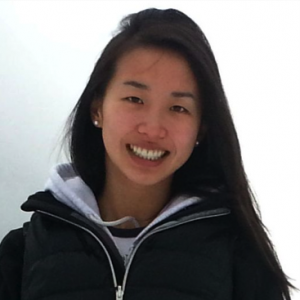

The Centre for Sport and Sustainability in the UBC School of Kinesiology, in partnership with the Brock University Centre for Sport Capacity, is pleased to present the webinar series, Sport & The Environment.
The climate emergency has come starkly into focus. Wildfires, flooding, and extreme heat have made news headlines in recent years with alarming frequency. There is widespread concern that fast-approaching environmental ‘tipping points’ could have large-scale, irreversible impacts.
Against this backdrop, sport demonstrates how taken-for-granted parts of life might be disrupted as climate change progresses. The potential impacts of the environment on sport include temperatures too hot for exercise. In another sense, sport itself is environmentally impactful. The carbon footprint for global sport has been estimated to be roughly on par with the entire country of Denmark. But sport might be a vehicle for combatting climate change as well. For example, this could involve modelling steps towards ‘preferred’ environmental futures. Formula E’s recent attainment of a net zero carbon footprint is a case in point.
This speaker series examines sport in the context of the climate emergency. It considers the politics of sport and the environment, meaning the decision-making of people, organizations, and governments, and the social dynamics that underlie these decisions. It considers environmental practices in sport, ranging from the everyday practices of individuals to the climate change mitigation practices of institutions. And it considers preferred futures based on the idea that imagining climate alternatives is a step towards achieving them.
Upcoming Speakers:
Check back here in fall!
Past Speakers:
Politics, Practices and Preferred Futures

Dr. Goldblatt is the author of several books including The Ball is Round a Global History of Football, The Age of Football: The Global Game in the 21st Century, and Playing Against the clock: Global Port and the Climate Crisis. He is also a regular visiting Professor at Pitzer college Los Angeles and is Chair of the NGO, Football For Future.
Tackling Environmental Issues in Canadian Sport

Dan Wilcock is a lawyer, with a Master of Law in Global Sustainability and Environmental Law. He has served in a range of leadership roles, including as the President & CEO of the Canada Games Council, where he advanced sustainability planning for the largest multi-sport event in Canada. Prior to that, Mr. Wilcock was an executive in the International Affairs Branch of Environment and Climate Change Canada.
Sport and sustainability are two of Dan’s passions. He founded the Canadian Alliance to the United Nations Sports for Climate Action Framework and is a member of Canada’s Ministerial Consultative Committee on Greening the Sport Sector.
Dan has experience in high-level sport as a competitor, coach, and organizer for snowboarding across Australia and the United States. He lives with his family near the banks of the Ottawa River and loves to be outside and active with his wife and two children as often as possible.
Envisioning Alternative Socio-Environmental Futures Through Sociocultural Kinesiology

Dr. Liv Yoon is a postdoctoral research scholar at the Earth Institute and the Mailman School of Public Health at Columbia University. Her research is at the intersection of climate change, social inequities, and health, with a focus on community engagement work. She obtained her PhD from UBC with a dissertation about the destruction of Mount Gariwang for the 2018 PyeongChang Winter Olympics. It was her training in sociocultural kinesiology at UBC that shaped her thinking about bodies in sociopolitical contexts. Applied to climate change, this means thinking about how some bodies are considered more ‘dispensable’, and in turn, rendered more vulnerable to climate-related risks and pollution. She is a member of Columbia University’s Environmental Justice and Climate Just Cities (EJCJC) Network and a Fellow with the New York City Panel on Climate Change (NPCC).
Throughout this webinar Liv will look to answer; how are sport/leisure, climate change, social inequities, and health related? How we understand these links in the context of climate change as a threat multiplier?
These questions will guide her presentation as she explores how her PhD work (‘Mount Gariwang: An Olympic Casualty’), and more broadly, how her training in sociocultural kinesiology informed her postdoctoral projects around environmental and social justice. Going beyond sport, she considers the crucial role that sociocultural kinesiology – thinking about bodies in context – can and must play in envisioning alternative socio-environmental futures.
To register, click here and scroll to the bottom of the page.